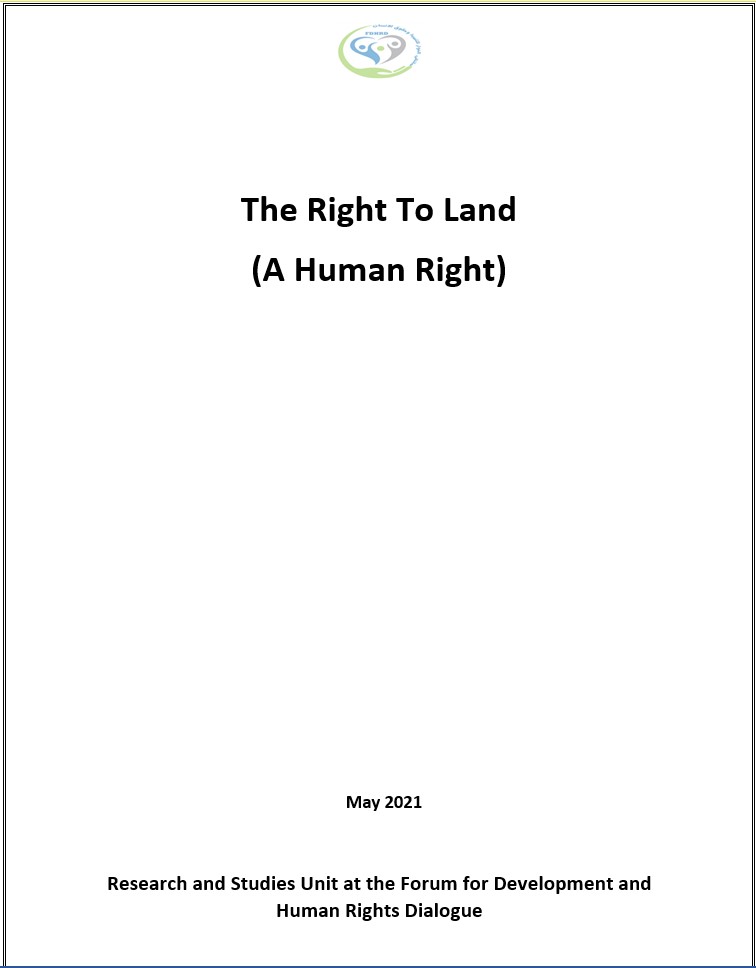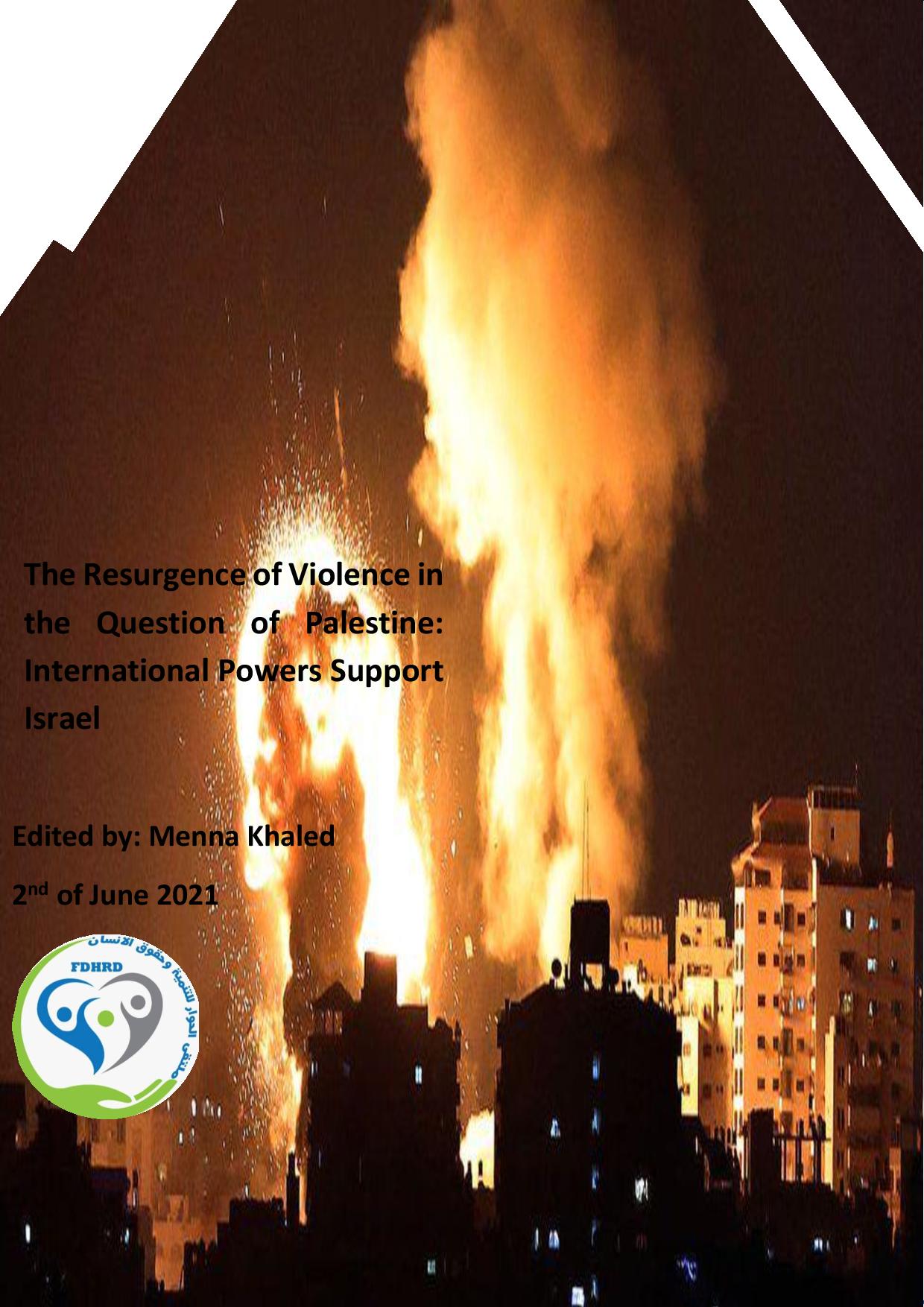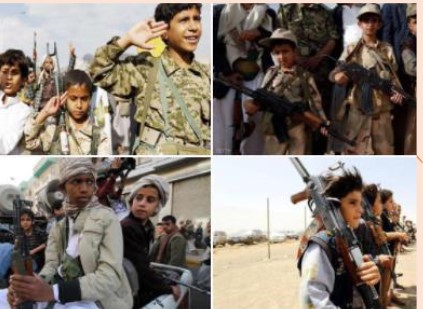Sunday, May 30, 2021
Press Release
———————————————————————————————–
Today, Sunday, May 30, 2021, the Research and Studies Unit at the Forum for Development and Human Rights Dialogue issues a report on the “right to land” (a human right).
The report includes introducing the right to land from the reality of international conventions and legal legislation, then studying the most important problems facing the Egyptian farmer in recent times. Among the most important topics discussed in the report are the following:
The Right to Land in The Charters of The United Nations
With regard to the right to land in the United Nations charters, the report indicates that there is still no provision in international human rights law regarding “the human right to land.” The report states that the United Nations charters indicate the extent to which economic and social rights, including the right to food, housing, water, healthcare, employment and the appropriate standard of living are affected by the decisions of the land administration, as these decisions can guarantee these rights or lead to the weakening of social security networks, which may hinder the implementation of these rights.
With regard to the Peasants’ Charter of 1979, the report indicates that the Food and Agriculture Organization of the United Nations (FAO) and the International Labor Organization are concerned with rights related to land, whether in the agreements, declarations and recommendations they adopted.
The Declaration of Principles and Programme of Action of the “Peasants’ Charter” have been adopted during the International Conference on Agrarian Reform and Rural Development held by the Food and Agriculture Organization of the United Nations in 1979, which is concerned with the reorganization of land tenure and calls for the imposition of maximum limits on land ownership in countries where there is an urgent need to restore regulating land tenure and its distribution to farmers and small tenants who do not own land. The charter is also concerned with reforming the land lease system and regulating changes to the system of customary tenure and community control over natural resources.
The Right to Land in National Legislation
The report states that with regard to the right to land in national legislation, land rights in local law give rise to two basic principles underlying most national legal systems, constitutions and local laws with regard to the issue of land ownership. The first principle is the right of private ownership, which most land ownership systems try to support and recognize in local laws, which gives absolute control and exclusive rights on the basis of legal ownership sponsored by the state. The second principle is the land owned by the state, which is the common and fundamental principle behind the local laws on land.
With regard to states’ obligations regarding land matters, the report notes that national laws, policies, and customs determine how land is used, controlled, and transferred, and thus, legal recognition of individual titles to land enhances its security of tenure.
The report emphasized that the right to land emerged within the Egyptian constitutional legislation, especially the 2014 constitution, through several articles, such as Article (35) of the constitution, which deals with the protection of property and not to be dispossessed except in the case of public interest, and Article (78), which stipulates the right to adequate housing for citizens in order to achieve Social Justice.
Egyptian Peasants Crises
With regard to the crises of the Egyptian farmers, the report states that the farmer in the last ten years has been suffering from several problems, the most important of which are:
- Problems related to the marketing of products, as the state has failed in its role in receiving some important strategic crops, and the cooperatives do not play their role and leave them prey to black market traders due to the chaos it encounters in pesticide markets in Egypt.
- The farmer suffers from frequent irrigation crises, along with pollution in canals and drains
- The problem of the low prices of livestock and their dairy and leather products with the high cost of breeding fodder and veterinary care.
- The farmer also suffers from the conflicting policies of the Ministry of Agriculture and the failure to fulfil its promises
- The problems of seeds, the lack of fertilizer and its disbursement after its time, and the scarcity of water.
- The lack of support that the farmer receives and the losses he incurs as a result of the successive difficulties he encounters. All this made the agricultural situation now in Egypt a painful reality after if Egypt was a pioneer in agricultural production and export.
The report highlights the reform policies in the agricultural sector that the country has adopted in recent years.








